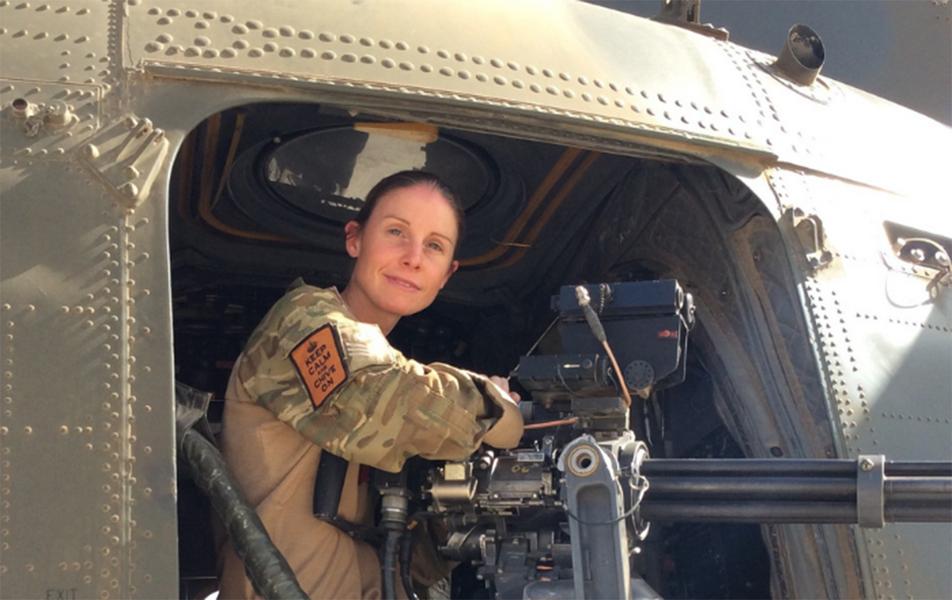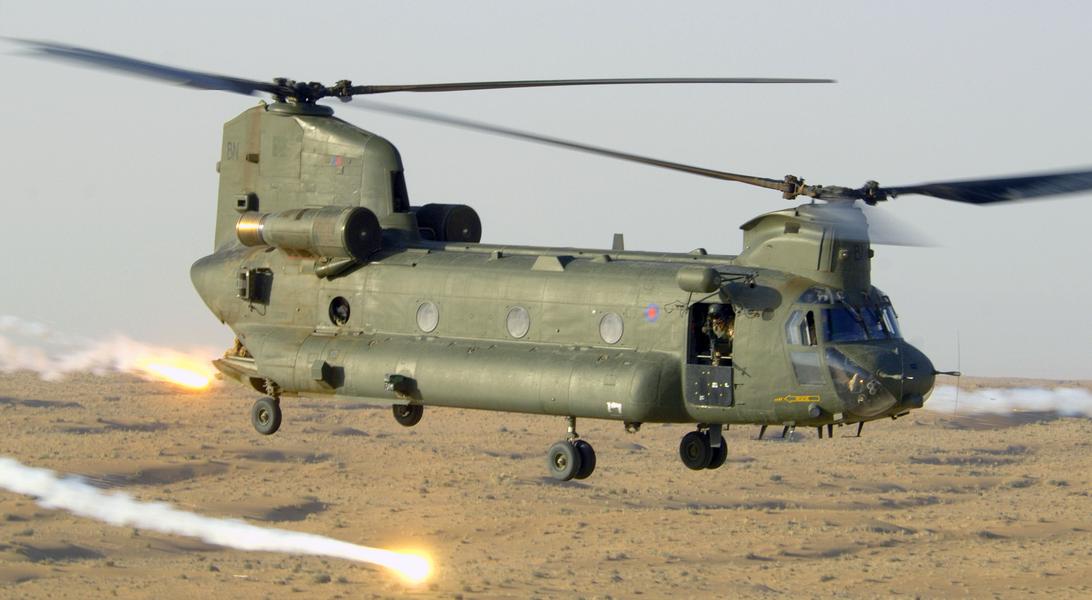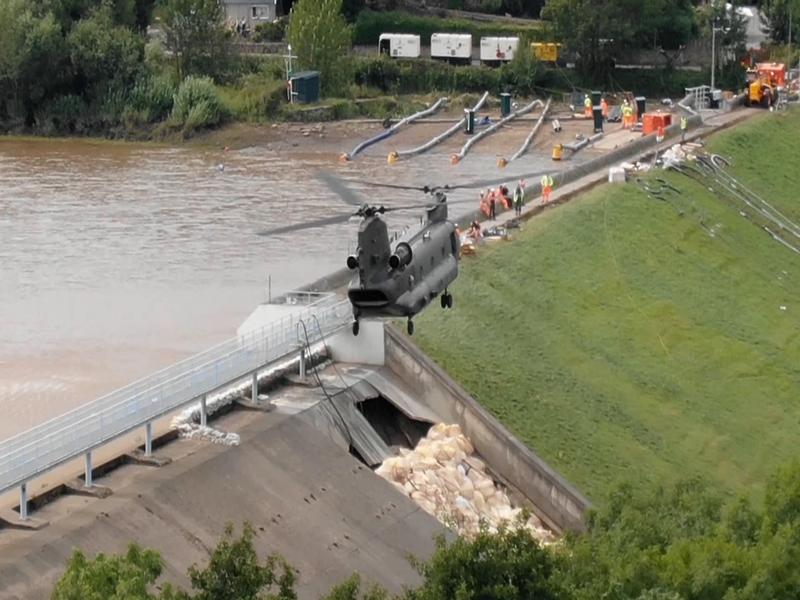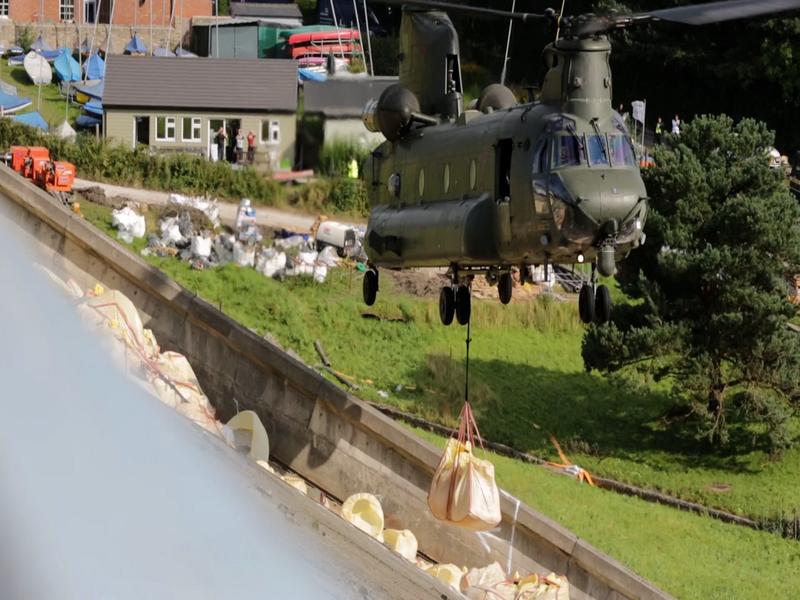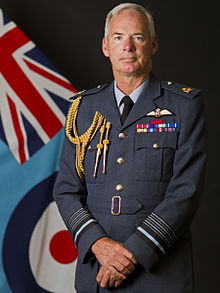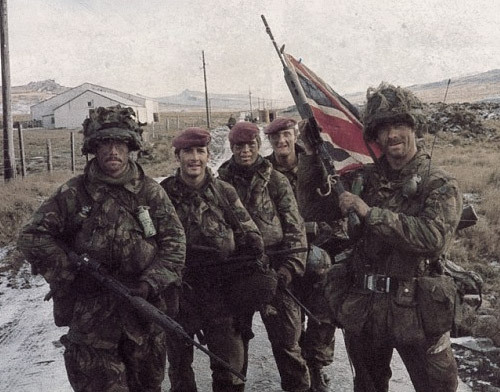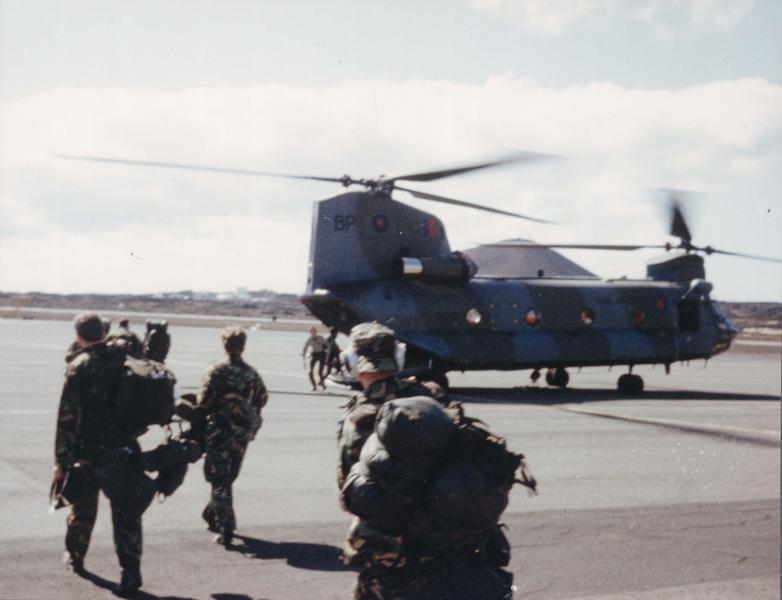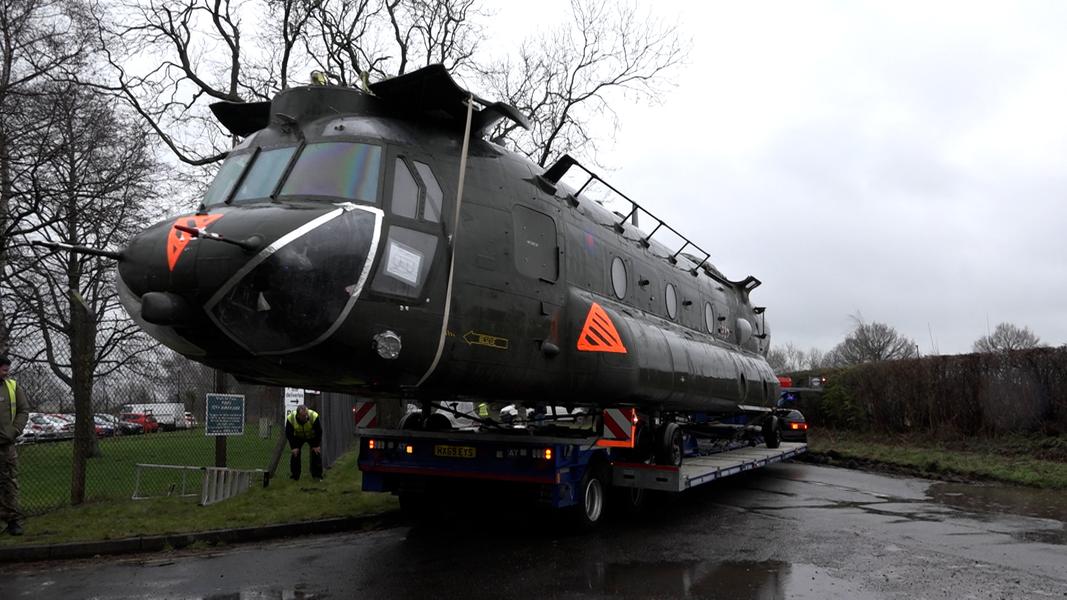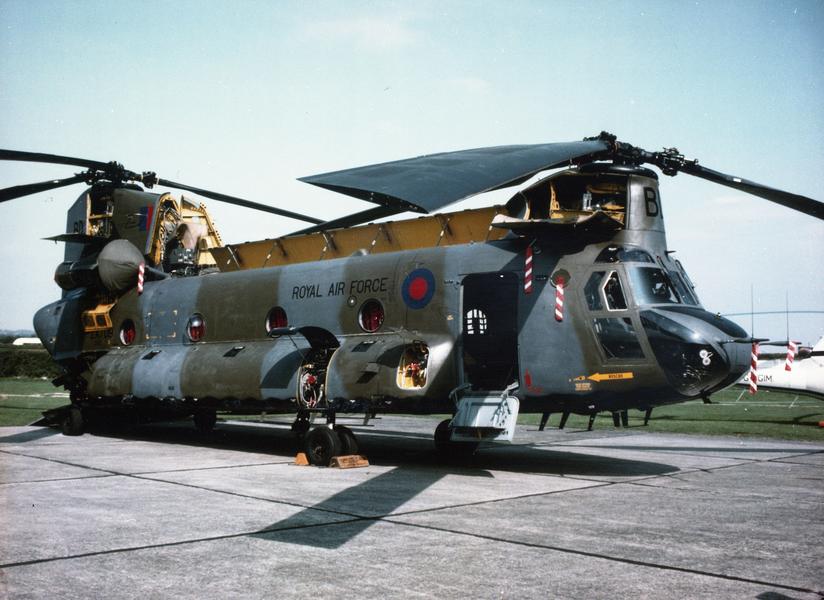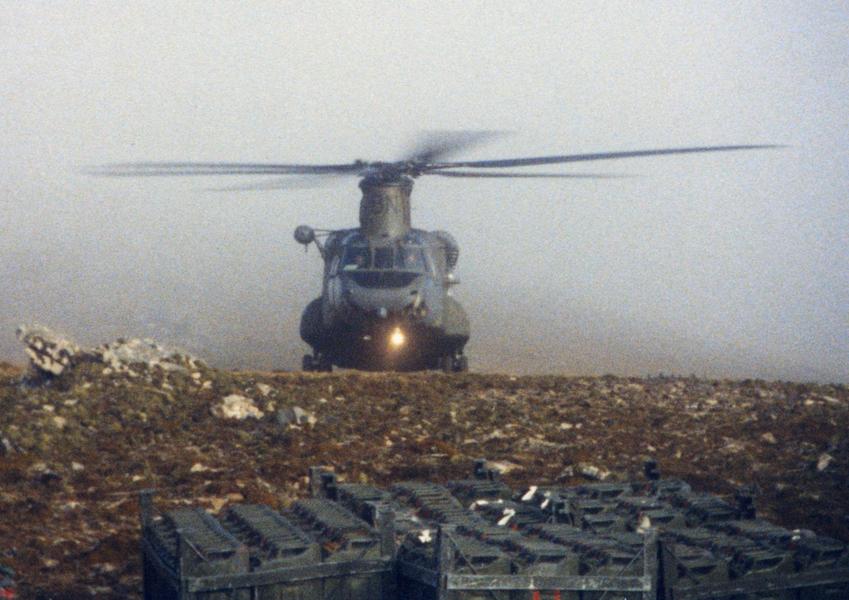about the sound of the Chinook is the sound of freedom.
That's what a lot of the troops who we picked up
on missions before and the guys out in
the battlefield when they hear the Chinook
coming with that really loud blade snap,
it's the sound of freedom,
'cause they knew they're going home.
But for me there's so many other sounds of it,
of a Chinook.
Starting the APU, again, it's really, really distinctive.
And, you know, on a cold winter's morning
when it's misty on the airfield and you hear
an APU spin up, most of the time it shuts down,
unserviceable, and everyone always has a giggle
that its US and they're going to have to restart it again.
Or at the end of a long tasking day,
or when you hear the aircraft come back in,
after a really horrendous shout in Afghanistan,
and you hear the APU wind down,
it's almost like it's like the end of
whatever that mission is.
And it almost is like the way to sort of
seal the whole mission up.
And it's almost like the aircraft
breathing a sigh of relief.
(helicopter engine powers down)
It really has touched my heart over the years.
I mean, it's touched so many people
in terms of people are alive because of the Chinook.
And that is you know, an absolute fact.
There's people out there who are walking on
this planet because of the Chinook aircraft.
And it has been with me, it's taken me
all over the world.
I've seen some amazing places because of
the Chinook and it's given me some awesome experiences
and changed my entire outlook on life.
It's really, really touched me in terms of
personality and my outlook.
I started on Chinook at the age of 20
and it was all I ever flew on
and all I ever loved and I still see them now
and run to the window like a five-year old.
So, yeah, the love of my life, I refer to it as
and always, always will be.
